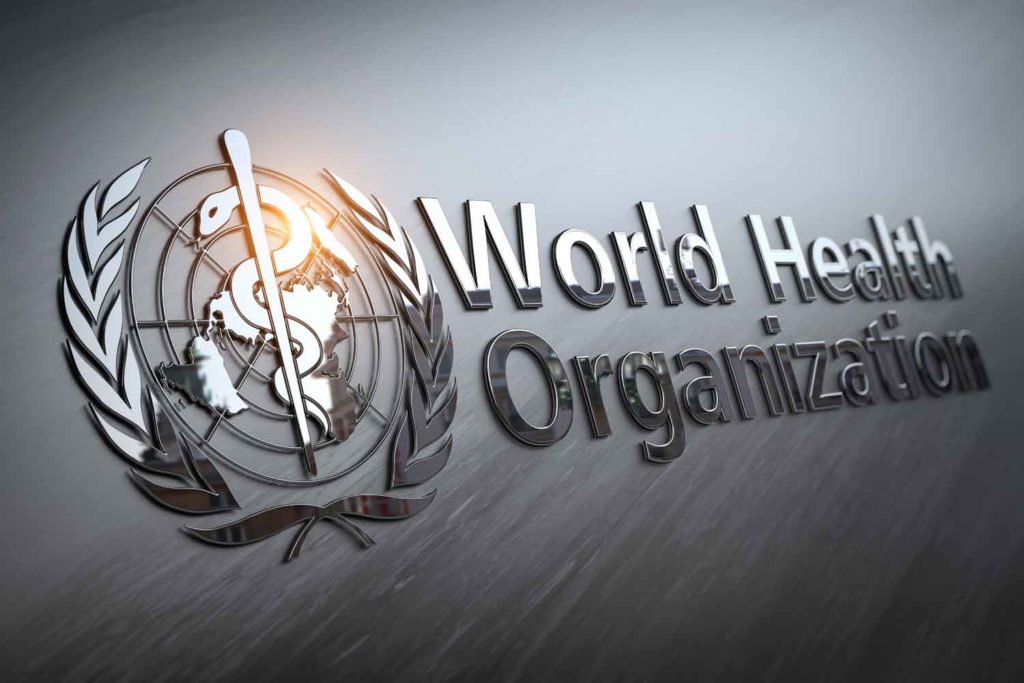More People Protected by Policies: Report
- Featured News This Week
- August 1, 2023
- 0
- 2 minutes read


Seven out of 10 people worldwide are now protected by at least one “best practice” tobacco control policy—five times more than in 2007, according to a new World Health Organization report supported by Bloomberg Philanthropies.
Global smoking rates have fallen over the past 15 years, a development that the WHO attributes in part to its MPOWER tobacco control measures. Without this decline there would be an estimated 300 million more smokers in the world today, according to the global health body.
Almost 40 percent of countries have completely banned smoking from public indoor places. The report rates country progress in tobacco control and shows that two more countries, Mauritius and the Netherlands, have achieved best-practice level in all MPOWER measures, a feat that only Brazil and Türkiye had accomplished until now.
“These data show that slowly but surely, more and more people are being protected from the harms of tobacco by WHO’s evidence-based best-practice policies,” said WHO Director-General Tedros Adhanom Ghebreyesus in a statement. “I congratulate Mauritius on becoming the first country in Africa, and the Netherlands on becoming the first in the European Union to implement the full package of WHO tobacco control policies at the highest level. WHO stands ready to support all countries to follow their example and protect their people from this deadly scourge.”
“While smoking rates have been going down, tobacco is still the leading cause of preventable death in the world – largely due to relentless marketing campaigns by the tobacco industry,” said Michael R. Bloomberg, WHO global ambassador for noncommunicable diseases and injuries and founder of Bloomberg Philanthropies. “As this report shows, our work is making a big difference, but much more remains to be done. By helping more countries implement smart policies, backed by public opinion and science, we’ll be able to improve public health and save millions of more lives.”
